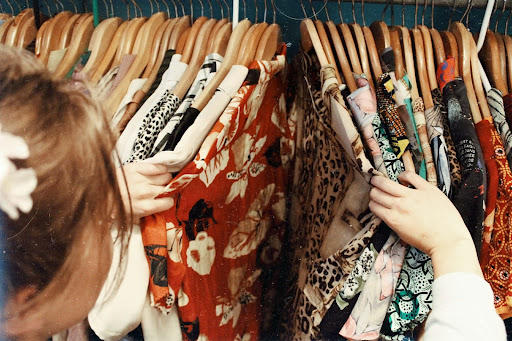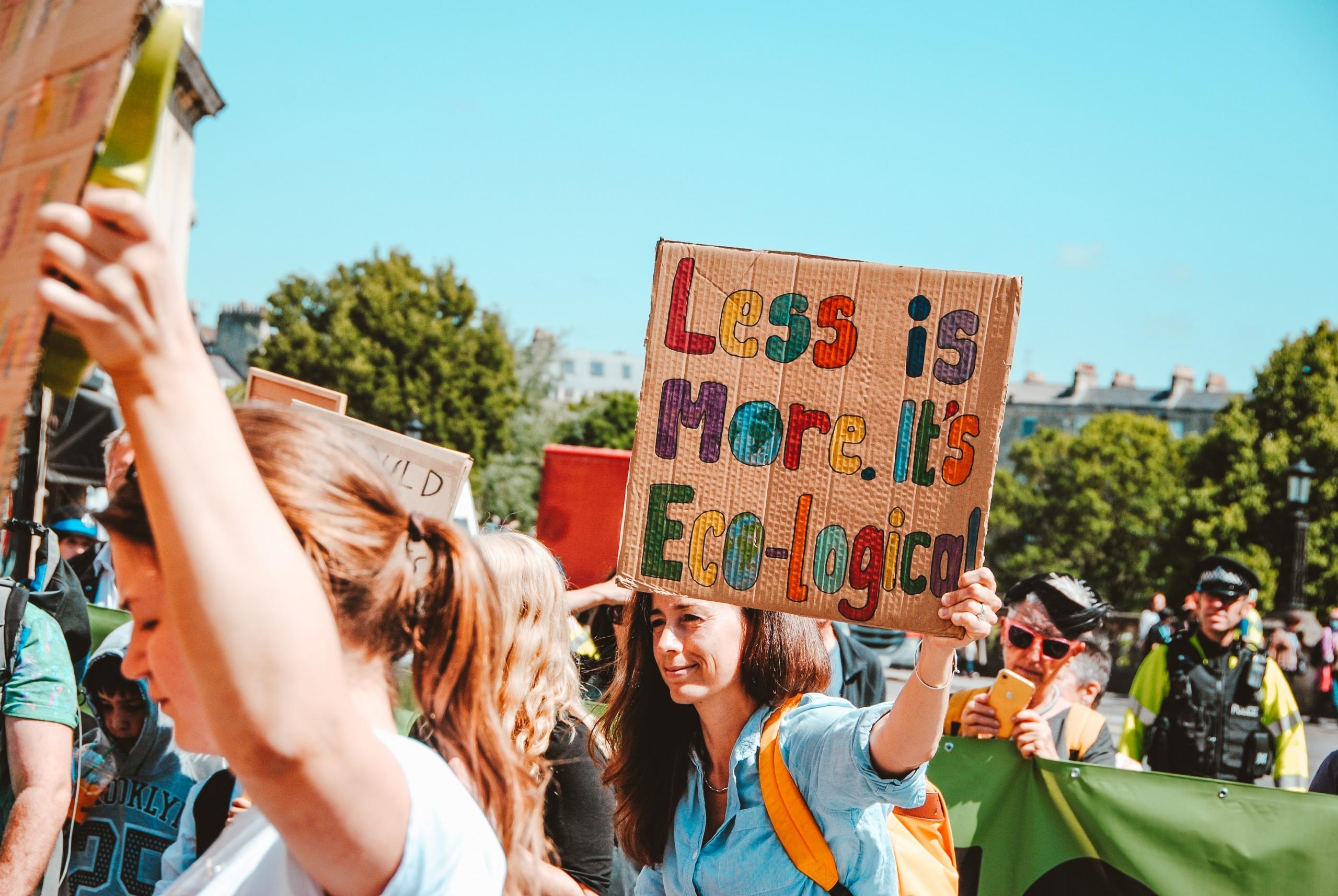Love Island made a major shift towards sustainability when they announced that they’d be partnering with pre-loved platform, Ebay, in a bid to be more environmentally friendly. Previously, islanders had each been given a £1000 gift card to their fast fashion sponsor and would receive a duffle bag of new clothes every week. But now, it’s Love Island’s sustainable fashion that’s influencing viewers.

In the early days of cinema and television, High Fashion brands would produce entire lines for the actors to wear on the show. Today, that trend is changing. Moving away from fast fashion is set to reduce Love Island’s carbon footprint significantly, as well as shoppers who are inspired by the islanders’ outfits. Collectively choosing sustainable fashion will:
- Reduce carbon emissions - Fast fashion garments worn less than 5 times produce 400% more harmful emissions than clothes worn 50 times (Geneco).
- Reduce water consumption - One t-shirt and pair of jeans can take as much as 10,000–20,000 litres of water to produce (Wrap).
- Reduce waste - More than $500 billion of value is lost every year due to clothing underutilisation and the lack of recycling (Ellen MacArthur Foundation).

Is Love Island’s sustainable fashion encouraging others to shop pre-loved?
Here at Superprof, we partner with a range of sewing tutors who teach sustainable fashion to all. We’re passionate about protecting the environment, so we decided to find out whether Love Island’s shift is actually having an impact on shopping habits.
We asked 2,000 people in the UK whether, since May 2022 (the month of Love Island’s announcement), they’ve preferred to shop with pre-loved and sustainable brands, or whether they’ve preferred fast fashion.
48.8% of UK shoppers say they prefer to buy from pre-loved and sustainable brands, while just 32.3% prefer fast fashion.
It looks like Love Island’s sustainable fashion might be making a difference, as our survey found that nearly half of Brits are choosing to shop sustainably since Love Island revealed their eBay partnership. A preference towards sustainability was prevalent in every age group, particularly with millennials.
Millennials are the biggest sustainable shoppers
The age group that came out top for sustainable fashion was those aged 25-34, with over half [56.8%] of respondents preferring pre-loved clothes. Very fitting since Love Island’s target audience are 16-34 year olds! The younger age bracket didn’t align, however, as an equal number of 18-24-year-old respondents chose pre-loved and fast fashion (43.2% vs 43.2%).
Almost one in five UK shoppers weren’t sure whether they preferred pre-loved or fast fashion brands
With a large proportion of respondents saying they weren’t sure where they preferred to shop, it seems like there’s still a long way to go for awareness around sustainable fashion. Fast fashion is the second most polluting industry after gas and oil, responsible for 1.2 billion tonnes of greenhouse gas emissions annually (Geneco). If ever we needed a reason to break up with fast fashion! That why it’s crucial that more people understand the impact their shopping habits can have.
The age group with the most amount of uncertainty was 65+
Respondents aged 65+ showed the largest amount of uncertainty, with 22.7% giving no preference towards sustainable or fast fashion. That differs greatly from the 18-24 age group, as only 13.7% said they weren’t sure. Perhaps this calls for more sustainability awareness in clothing brands that are aimed at older audiences?
Love Island signals a major shift in shopping priorities
Commenting on our survey findings, Love Island contestant and sustainable fashion activist, Brett Staniland, said:
“This is very promising news - it’s early days of the show and the inauguration of second hand fashion replacing fast fashion as the main sponsor of Love Island. We still have many more adverts to go, as well as waiting to see how the new wave of influencers choose to make their mark on social media following the show.
The impact Love Island has socially and culturally in the U.K. is huge, as well as setting precedent for other popular tv shows, so I’m still optimistic as to which other shows might change their sponsorship and where this all goes in the next few months!”
Love Island’s turn towards the greater good has been a success so far and it will hopefully encourage other big brands to do the same. To learn more about sustainable fashion and make your wardrobe last longer, browse our sewing lessons today. Alternatively, you can read more about fast fashion’s impact on the environment.

Summarise with AI:















